Duel at Diablo (1966) Watch Online
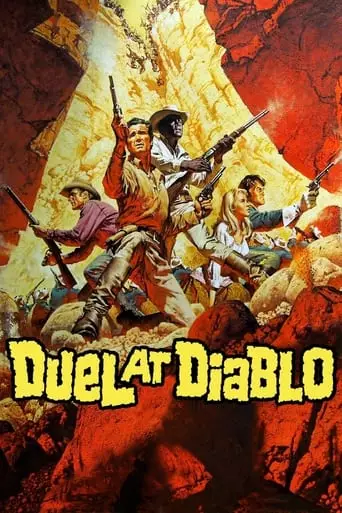
Duel at Diablo (1966) Watch Online
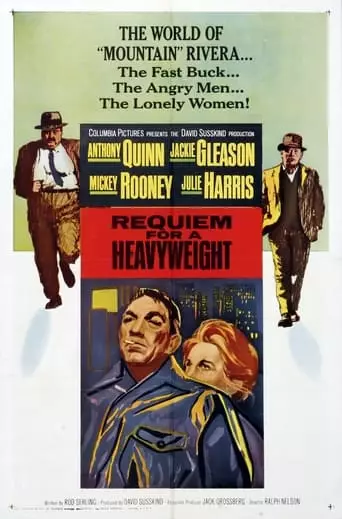
Requiem for a Heavyweight (1962) Watch Online
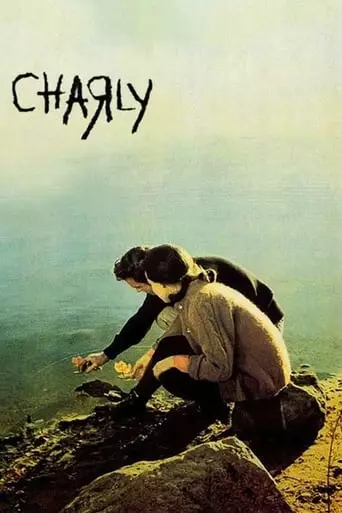
Charly (1968) Watch Online
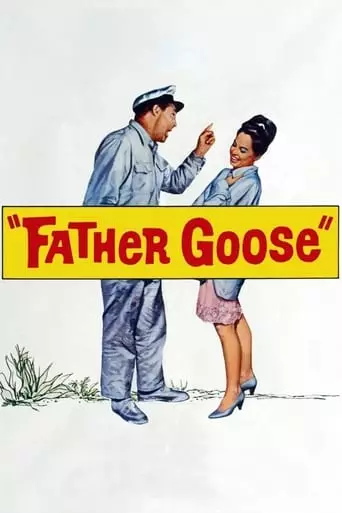
Father Goose (1964) Watch Online
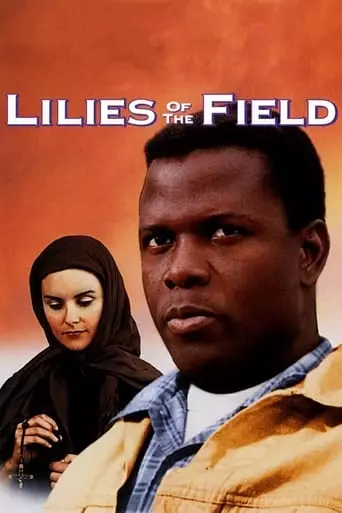
Lilies of the Field (1963) Watch Online
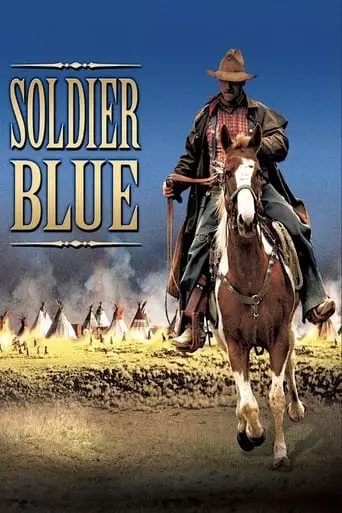
Soldier Blue (1970) Watch Online